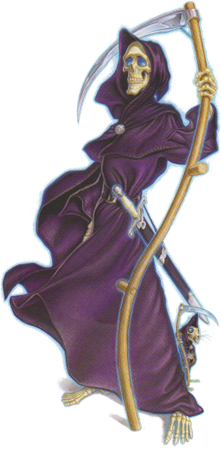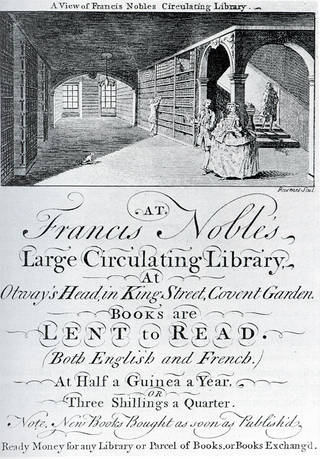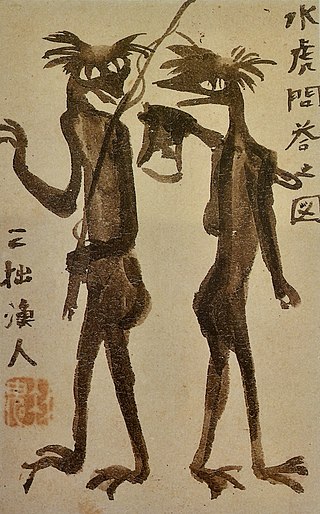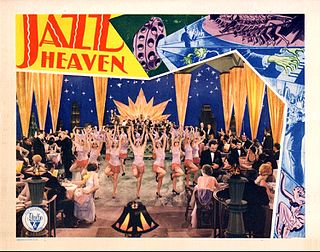
The Satires are a collection of satirical poems by the Latin author Juvenal written between the end of the first and the early second centuries A.D.

Edgar Lee Masters was an American attorney, poet, biographer, and dramatist. He is the author of Spoon River Anthology, The New Star Chamber and Other Essays, Songs and Satires, The Great Valley, The Serpent in the Wilderness, An Obscure Tale, The Spleen, Mark Twain: A Portrait, Lincoln: The Man, and Illinois Poems. In all, Masters published twelve plays, twenty-one books of poetry, six novels and six biographies, including those of Abraham Lincoln, Mark Twain, Vachel Lindsay, and Walt Whitman.
Isaac Bickerstaff Esq was a pseudonym used by Jonathan Swift as part of a hoax to predict the death of then famous Almanac–maker and astrologer John Partridge.

Sir Edward Montague Compton Mackenzie, was a Scottish writer of fiction, biography, histories and a memoir, as well as a cultural commentator, raconteur and lifelong Scottish nationalist. He was one of the co-founders in 1928 of the National Party of Scotland along with Hugh MacDiarmid, R. B. Cunninghame Graham and John MacCormick. He was knighted in 1952.

Death is a fictional character in Terry Pratchett's Discworld series and a parody of several other personifications of death. Like most Grim Reapers, he is a black-robed skeleton who usually carries a scythe. His jurisdiction is specifically the Discworld itself; he is only a part, or minion, of Azrael: the universal Death. He has been generally used by Pratchett to explore the problems of human existence, and has become more sympathetic throughout the series.

Cyril Vernon Connolly CBE was an English literary critic and writer. He was the editor of the influential literary magazine Horizon (1940–49) and wrote Enemies of Promise (1938), which combined literary criticism with an autobiographical exploration of why he failed to become the successful author of fiction that he had aspired to be in his youth.

The Servant is a 1963 British drama film directed by Joseph Losey. It was written by Harold Pinter, who adapted Robin Maugham's 1948 novella. The Servant stars Dirk Bogarde, Sarah Miles, Wendy Craig and James Fox. It opened at London's Warner Theatre on 14 November 1963.

Augustan literature is a style of British literature produced during the reigns of Queen Anne, King George I, and George II in the first half of the 18th century and ending in the 1740s, with the deaths of Alexander Pope and Jonathan Swift, in 1744 and 1745, respectively. It was a literary epoch that featured the rapid development of the novel, an explosion in satire, the mutation of drama from political satire into melodrama and an evolution toward poetry of personal exploration. In philosophy, it was an age increasingly dominated by empiricism, while in the writings of political economy, it marked the evolution of mercantilism as a formal philosophy, the development of capitalism and the triumph of trade.

Augustan prose is somewhat ill-defined, as the definition of "Augustan" relies primarily upon changes in taste in poetry. However, the general time represented by Augustan literature saw a rise in prose writing as high literature. The essay, satire, and dialogue thrived in the age, and the English novel was truly begun as a serious art form. At the outset of the Augustan age, essays were still primarily imitative, novels were few and still dominated by the Romance, and prose was a rarely used format for satire, but, by the end of the period, the English essay was a fully formed periodical feature, novels surpassed drama as entertainment and as an outlet for serious authors, and prose was serving every conceivable function in public discourse. It is the age that most provides the transition from a court-centered and poetic literature to a more democratic, decentralized literary world of prose.

The Red Room is a Swedish novel by August Strindberg that was first published in 1879. A satire of Stockholm society, it has frequently been described as the first modern Swedish novel. In this novel, Strindberg reflects his own experiences of living in poverty while writing this novel during February to November 1879. While receiving mixed reviews in Sweden, it was acclaimed in Denmark, where Strindberg was hailed as a genius. As a result of The Red Room, Strindberg became famous throughout Scandinavia. Edvard Brandes wrote that it "makes the reader want to join the fight against hypocrisy and reaction."
Moira Buffini is an English dramatist, director, and actor.

The Bitter Tea of General Yen is a 1933 American pre-Code drama war film directed by Frank Capra and starring Barbara Stanwyck, and featuring Nils Asther and Walter Connolly. Based on the 1930 novel of the same name by Grace Zaring Stone, the film is about an American missionary in Shanghai during the Chinese Civil War who gets caught in a battle while trying to save a group of orphans. Knocked unconscious, she is saved by a Chinese general warlord who brings her to his palace. When the general falls in love with the naive young woman, she fights her attraction to the powerful general and resists his flirtation, yet remains at his side when his fortune turns.
Joseph Connolly is an English journalist, novelist, and non-fiction writer.

Return to Paradise is an American South Seas adventure drama film released by United Artists in 1953. The film was directed by Mark Robson and starred Gary Cooper, Barry Jones and Roberta Haynes. It was based on a short story, "Mr. Morgan", by James Michener in his 1951 short story collection Return to Paradise, his sequel to his 1947 novel Tales of the South Pacific. It was filmed on location in Matautu, Lefaga Western Samoa.
The Bollinger Everyman Wodehouse Prize is the United Kingdom's first literary award for comic literature. Established in 2000 and named in honour of P. G. Wodehouse, past winners include Paul Torday in 2007 with Salmon Fishing in the Yemen and Marina Lewycka with A Short History of Tractors in Ukrainian 2005 and Jasper Fforde for The Well of Lost Plots in 2004. Gary Shteyngart was the first American winner in 2011.

So Evil My Love is a 1948 British and American Gothic psychological thriller film directed by Lewis Allen and starring Ray Milland, Ann Todd and Geraldine Fitzgerald.

The War of the Roses is a 1989 American satirical black comedy film based upon the 1981 novel of the same name by Warren Adler. The film follows a wealthy couple with a seemingly perfect marriage. When their marriage begins to fall apart, material possessions become the center of an outrageous and bitter divorce battle.

Kappa is a 1927 novella written by the Japanese author Ryūnosuke Akutagawa.

Poor Folk, sometimes translated as Poor People, is the first novel by Fyodor Dostoevsky, written over the span of nine months between 1844 and 1845. Dostoevsky was in financial difficulty because of his extravagant lifestyle and his developing gambling addiction; although he had produced some translations of foreign novels, they had little success, and he decided to write a novel of his own to try to raise funds.

Jazz Heaven is a 1929 American pre-Code romantic comedy film directed by Melville Brown and written by Myles Connolly and J. Walter Ruben, based on a story by Pauline Forney and Dudley Murphy. It was moderately successful for RKO Pictures, and was released in both sound and silent versions.















